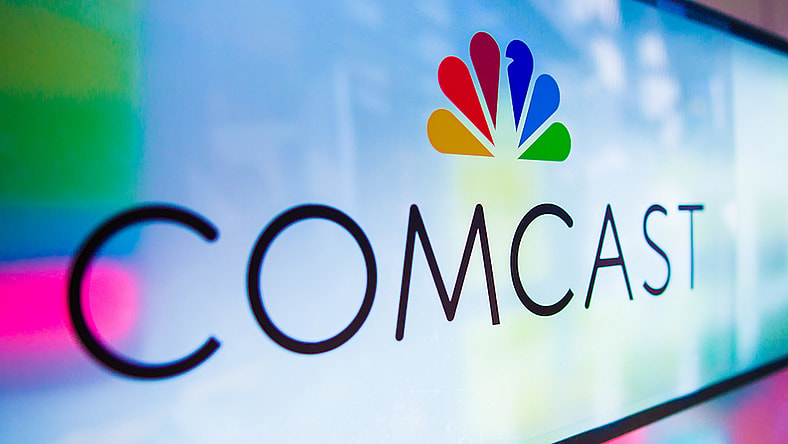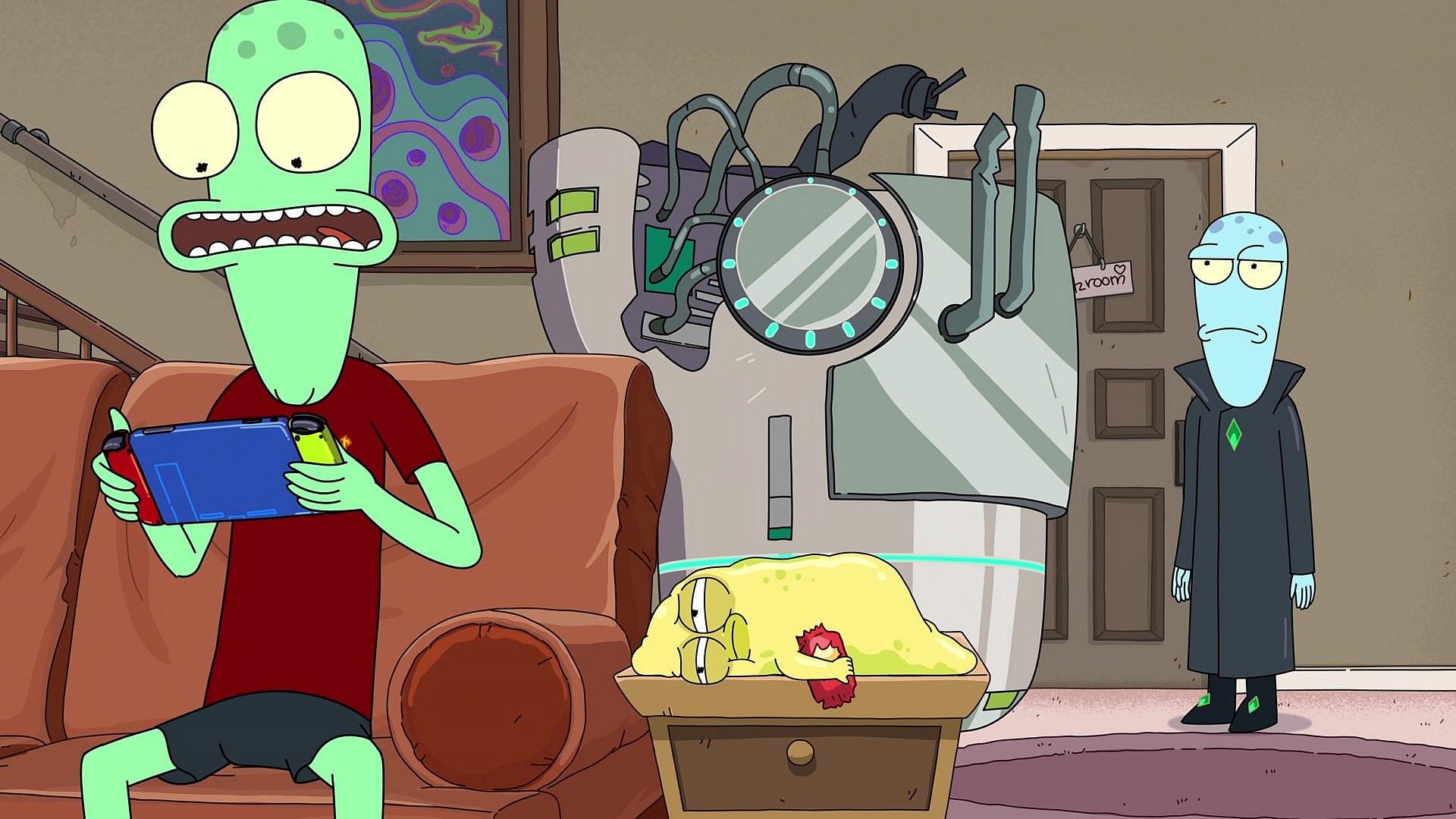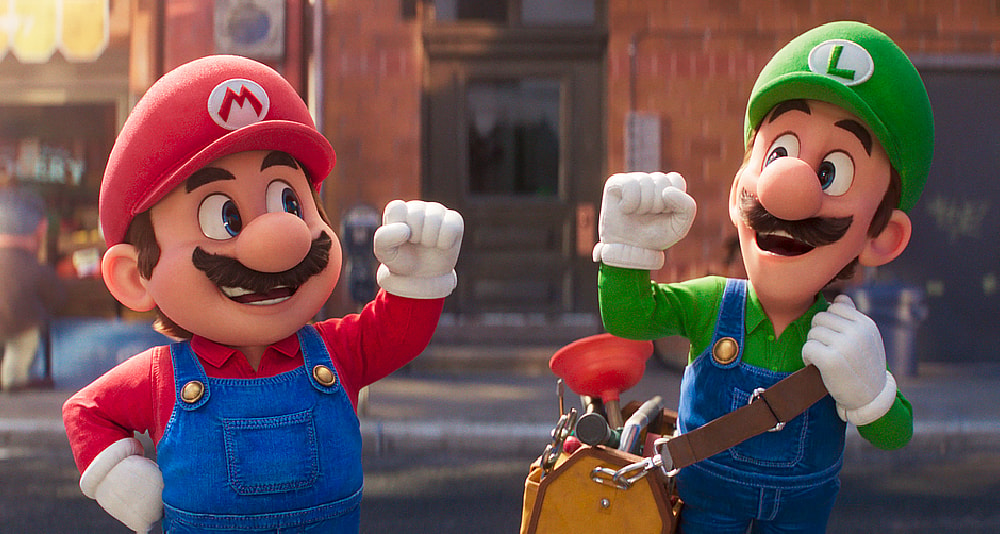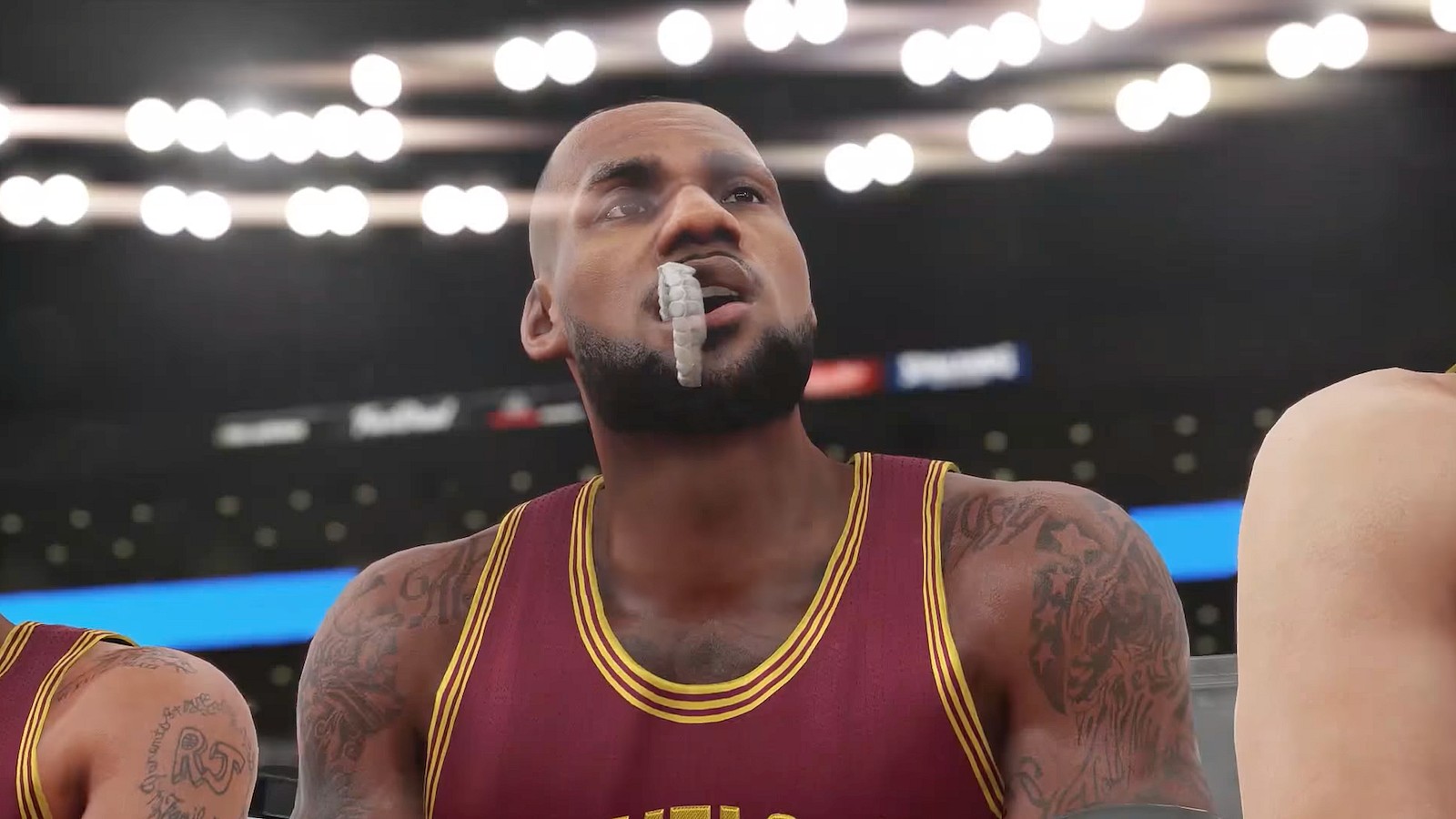Rumor: Comcast CEO’s Next Big Move May Include Tackling The Video Gaming And Streaming Industries

Reports suggest that the CEO of Comcast might be looking into entering the video games industry via a major deal or acquisition.

The report comes from Bloomberg’s Scott Moritz, who proposed that Comcast CEO Brian Roberts may be looking into gaming and streaming as the company’s next big move. Experts and analysts suggest that the move would be in line with Roberts reportedly drawing up major deals around five year intervals, noting that his last acquisition was the UK’s Sky Group in October of 2018.
Analysts support this theory noting that the word “strategy” was used a total of 20 times during an earnings call in April, pointing out that the last time such term was used as often was shortly after Comcast announced the Sky acquisition.
This is amid Comcast facing several challenges, as Moritz notes. Despite being the largest cable TV and broadband provider, the company’s shares are down 32% after a peak two years prior, losing cable TV subscriptions at “record rates,” and struggling against other broadband internet competitors.

Comcast subsidiary NBCUniversal is also struggling. CEO Jeff Shell stepped down due to sexual harassment allegations, and advertising chief Linda Yaccarino recently left to become the new CEO of Twitter. Comcast and Disney also have an agreement that could likely end up with the latter purchasing a third of Hulu.
The ongoing writer’s strike only makes matters more challenging, especially as Comcast legally cannot acquire any other cable companies due to its size. As such, Roberts is speculated to look into the company’s media division (cable channels, movie studios, streaming platforms, and theme parks). Even then, the company’s content pales when compared to streaming giants Disney and Netflix.

Bloomberg Intelligence Media Analyst Geetha Ranganathan noted that if Comcast has a “missing piece, it’s in media,” and are likely “taking a closer look at gaming for the next leg of growth and customer engagement.” Roberts attempting to acquire and merge EA into NBCUniversal last year, until the deal fell apart over structure and price, supports Ranganathan’s assesment.
Bank of America Media Analyst Jessica Reif Ehrlich adds, “When you heard they were willing to merge with EA, it makes you think anything could happen. Gaming is a business with property rights that adapt well with film, television and even theme parks.” Ranganathan echoed, “Gaming allows deeper engagement with audiences and builds better experiences. Comcast can potentially mine these characters.”
“Super Mario is a great example of a game, movie and theme park attraction.” The recent smash-hit film was co-produced by Universal Pictures.

Comcast “followers” believe that Roberts still wants to expand the IP Comcast has access to, Moritz reports, and may make deals with the likes of Nintendo or Take-Two Interactive. Activision Blizzard is also tipped, assuming Microsoft’s attempts to acquire them fail.
In addition, Roberts is reportedly under pressure to either acquire or make something big via merging what Comcast already has — especially if it can help broaden the company’s streaming portfolio. Other options include merging NBCUniversal and Warner Bros. Discovery Inc., but Moritz asserts that would also meet more antitrust regulation than the gaming industry.
This would be in part thanks to Comcast being “a new entrant” to the latter industry. Comcast was also the parent company of G4 (via Comcast Spectator), and tie-in games for various subsidiary movie studios have been produced.

RELATED: Sega Reviewing Raising Game Prices To $70 While “Keeping An Eye On Market Conditions”
The aforementioned and hypothetical sale of Comcast’s stake in Hulu (owning one third) has been valued at a minimum $27.5 billion USD. Though Comcast also has the option to buy Disney’s two-thirds, the sale would guarantee $9 billion for Roberts to fund deals, share buybacks, or put straight into Comcast itself.
The extra capital is more the tempting, as Roberts is reportedly championing streaming platforms like Peacock instead of Hulu. This is in-spite of Peacock being set to lose $3 billion in 2023, and being dwarfed in subscriber count by Disney+.

Moritz also argues there are signs Roberts wants more cross-media IPs. Roberts is advised by Comcast President Michael Cavanagh. Having chosen him rather than electing an executive from NBCUniversal or an industry veteran “suggests there is a plan for action,” Moritz theorizes.
At a recent investor conference, Roberts reportedly praised Cavanagh to investors. Discussing leadership, Roberts declared “there’s an opportunity for the right kind of leader to step in and say, ‘How do we get the benefit of all these businesses working together?'” adding that Cavanagh was “helping us drive in a way that I think will be better than we’ve done historically.”

Even so, at the aforementioned earnings call last month, Cavanagh said, “There is no reason for anyone to think that we’re going to be revisiting strategy.” Cavanagh may have been keeping his cards to his chest or times have changed, as Chief Financial Officer Jason Armstrong disclosed Comcast was operating at “peak investment capacity.”
“There’s a lot of things we’re doing internally, so to the extent there’s something we’re looking to do inorganically to add to the portfolio – the bar is set pretty darn high,” Armstrong boasted.

As investors reportedly fear cable and broadband becoming less profitable over time- and both failing to grow- it seems now is the time for fresh blood and cashflow. Even so, Moritz confesses some feel the media division shouldn’t be the focus, as Comcast would still be the largest cable and broadband company, and has made up some losses via incentives that include a cheap mobile phone service with broadband.
One such doubter is long time Comcast investor Benjamin Bielawski, managing director of multinational financial consultancy firm Duff & Phelps, who felt Roberts has sought out deals “creating great value for shareholders, particularly with NBCUniversal.”
Bielawski believed, however, that “media doesn’t move the stock and is more of a distraction.”

Despite losses and competition, recent financial results reportedly unveiled that broadband and wireless customer gains were better than anticipated. Bielawski believes this took the “pressure off” Roberts, which may have prompted a knee-jerk reaction that would’ve led to a rushed deal.
Bielawski did conclude, however, that Comcast is not off the hook just yet — monetizing the company’s media branches is something they will have to deal with eventually.
Despite the company’s issues with cable TV and broadband, they reportedly generate twice the revenue of Comcast’s media. Cable subscriptions and adverts even make four times the earnings of NBCUniversal (before interest, tax, depreciation and amortization). Yet, Moritz notes a “big portion” of Comcast’s earnings are going into the company’s media efforts.

In short, Comcast is showing signs that it wants its media to do better to shore up the company, and has had a recent history of wanting to get involved in gaming. Moritz emphasizes as media assets are considered too risky at this time, they may be cheaper as well.
Will Roberts finally take on the gaming industry? More importantly, will it succeed, and be deemed enough of a success for investors?
NEXT: ‘Hogwarts Legacy’ Reportedly Sold 256% Over Target For Warner Bros. Games
